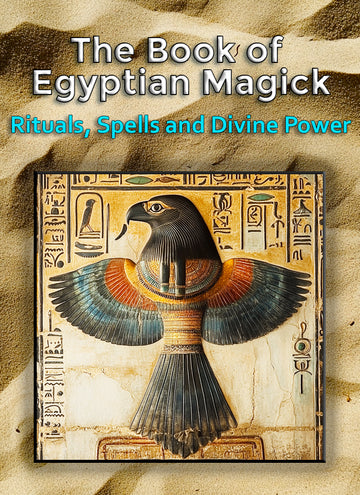The Role of the Priest and Magician in Ancient Egypt
Share
The Role of the Priest and Magician in Ancient Egypt
In ancient Egypt, the roles of priests and magicians were deeply intertwined, serving essential functions in the spiritual, religious, and societal framework of the civilization. Both groups played vital roles in maintaining cosmic order (ma’at), performing rituals, and connecting the people with the divine. This chapter explores the responsibilities, practices, and significance of priests and magicians in ancient Egyptian society.



